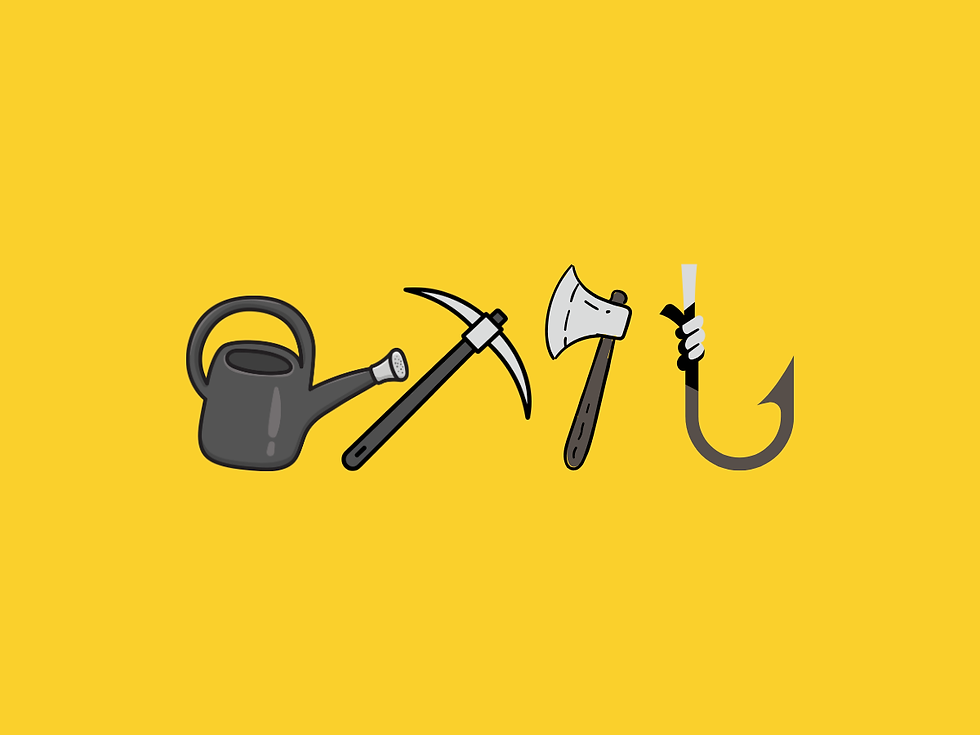Resulting
- Shum
- Jun 25, 2023
- 2 min read
There's a concept I read about a while ago that I haven't been able to get out of my head.
It comes up all the time.
First, a question for you dear reader.
It's a game actually and to really get the most out of this post, you have to promise to play the game fairly.
How to play the game: Think of your answer to the question I'm about to pose.
How to play the game fairly: Really spend the time—it'll take you a few seconds—to think of the answer before reading on.
Ready? Here's the question. It's actually a choice between two questions:
Option 1: What was the last good decision you made?
Option 2: What was the last bad decision you made?
To make it easier for you to play fairly, I will draw this dramatic line of separation...
Your answer
Alright, so hopefully you played the game. Fairly.
If you did, think back to your answer.
It doesn't really matter if you chose option A or option B.
What matters is why you chose the answer that you did.
For instance, did you choose the answer for a good decision, because it resulted in a favourable outcome?
Or did you choose the answer for a bad decision, because it resulted in an unfavourable outcome?
The Trap
The first time I played this game, I totally chose my answer based on its connection to the outcome.
In her incredible book Thinking in Bets, Annie Duke refers to this trap as resulting.
Resulting occurs when we equate the quality of a decision with its outcome.
So in any instance where we got a favourable outcome, we say we made a good decision, and the same flawed logic applies for unfavourable outcomes.
The reason I've been thinking about this concept so much is because I've discovered it shows up everywhere.
Showing up everywhere
Let's say you're planning on getting together with friends that you haven't seen in a while.
When you show up to the gathering, it turns out one of them is recovering from an illness of some kind. Let's imagine a common cold.
A few days later, you get a cold too.
Should you have not gone to the gathering?
Let's say you're interviewing a candidate for a new job.
You conduct a thorough and fair interview process. You include many steps in the process and you conduct several reference checks.
A few months after hiring your chosen candidate, they turn out to be a toxic team member.
Should you have not hired the candidate?
Why it shows up
The reason resulting is such an easy trap to fall into is because we're often fooled into believing we have more control over things than we really do.
I've written about risk and luck before and they are often the elements that are impossible to predict.
Because they are impossible to predict, we miss them and in reality, they account for so much that happens in our lives.
How to escape the trap
One word.
Separate.
Treat the quality of your decision as something completely separate from its outcome.
Rate the quality of your decision based on the quality of your process.
After all, your process is something you can actually control.




Comments